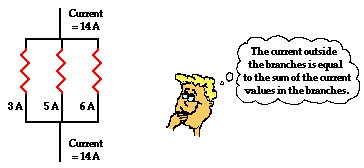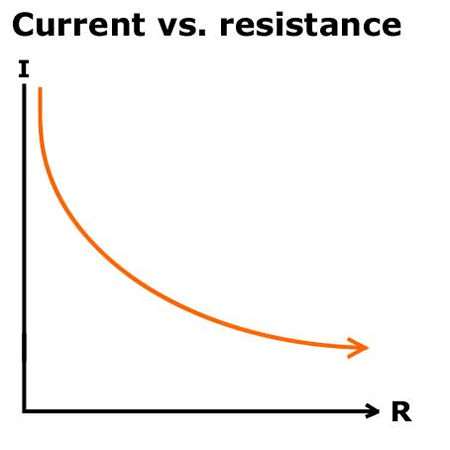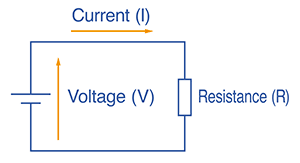How Does A Resistor Decrease Current: Unraveling The Electrical Mystery
Does Current Decrease As It Passes Through Resistor?
Keywords searched by users: How does resistor decrease current does resistor reduce current or voltage, how does a resistor affect current, does resistor reduce voltage, how does a resistor affect voltage, how does the resistor limit the current flowing through the led, reducing current with resistors, does current change across a resistor in parallel, how does a resistor work
How Does A Resistor Reduce Current In A Circuit?
How does a resistor reduce current in a circuit? When we examine the relationship between voltage, resistance, and current, we can gain a clearer understanding. Specifically, if the voltage across a circuit remains constant and the resistance within the circuit increases, the effect on the current becomes more apparent. As resistance increases, it effectively acts as an obstacle that hinders the flow of electricity through the component. This impediment restricts the rate at which electricity flows, causing a decrease in the current. To put it simply, higher resistance results in a reduction in the flow of electrical current. This fundamental principle helps us control and manage electrical currents in various electronic devices and circuits.
Does Current Decrease Through A Resistor?
Does current decrease as it passes through a resistor? Yes, it does. To better understand this concept, consider that even wires themselves exhibit a small amount of resistance to the flow of electrical current. Now, picture a simple electrical circuit, any circuit will do, with an initial current of 1 ampere. When you introduce a resistor into this circuit, connecting it in series, the current flowing through the circuit will indeed decrease compared to its initial value of 1 ampere. In essence, the resistor acts as an impediment to the flow of electrical current, causing it to diminish as it travels through the circuit. This phenomenon demonstrates the fundamental principle that resistors reduce the current in an electrical circuit, serving as an essential component in controlling and modulating electrical currents. [Date: 9th October 2018]
Top 12 How does resistor decrease current








Categories: Discover 39 How Does Resistor Decrease Current
See more here: c3.castu.org

The purpose of the resistor is to decrease the current in the circuit. How does this happen? Firstly, a resistor is made of material that is less conductive than the wire. As a result, electrons aren’t able to move as quickly in the resistor as they are in the wire.If voltage remains constant but the resistance increases, the current measured through the component would also increase. If resistance increases, it becomes harder for the electricity to move through the component and therefore the rate of the flow of electricity (i.e. the current) decreases.Even wires have a little bit of resistance. So let’s imagine a circuit – any kind of circuit – and say that its current is 1 ampere. If you now add a resistor in series into this circuit – the current of the circuit will be smaller than it was. So yes, the resistor does reduce the current.
Learn more about the topic How does resistor decrease current.
- How does a resistor reduce current in a circuit?
- Electrical resistance | Calculating current, voltage and resistance
- Is the current lower after a resistor? – Build Electronic Circuits
- Does current decrease as it passes through resistor? – YouTube
- Does a resistor reduce current or drop voltage? – Medium
- What Does A Resistor Do And Why Is It Important? – Del City Blog
See more: c3.castu.org/category/fashion